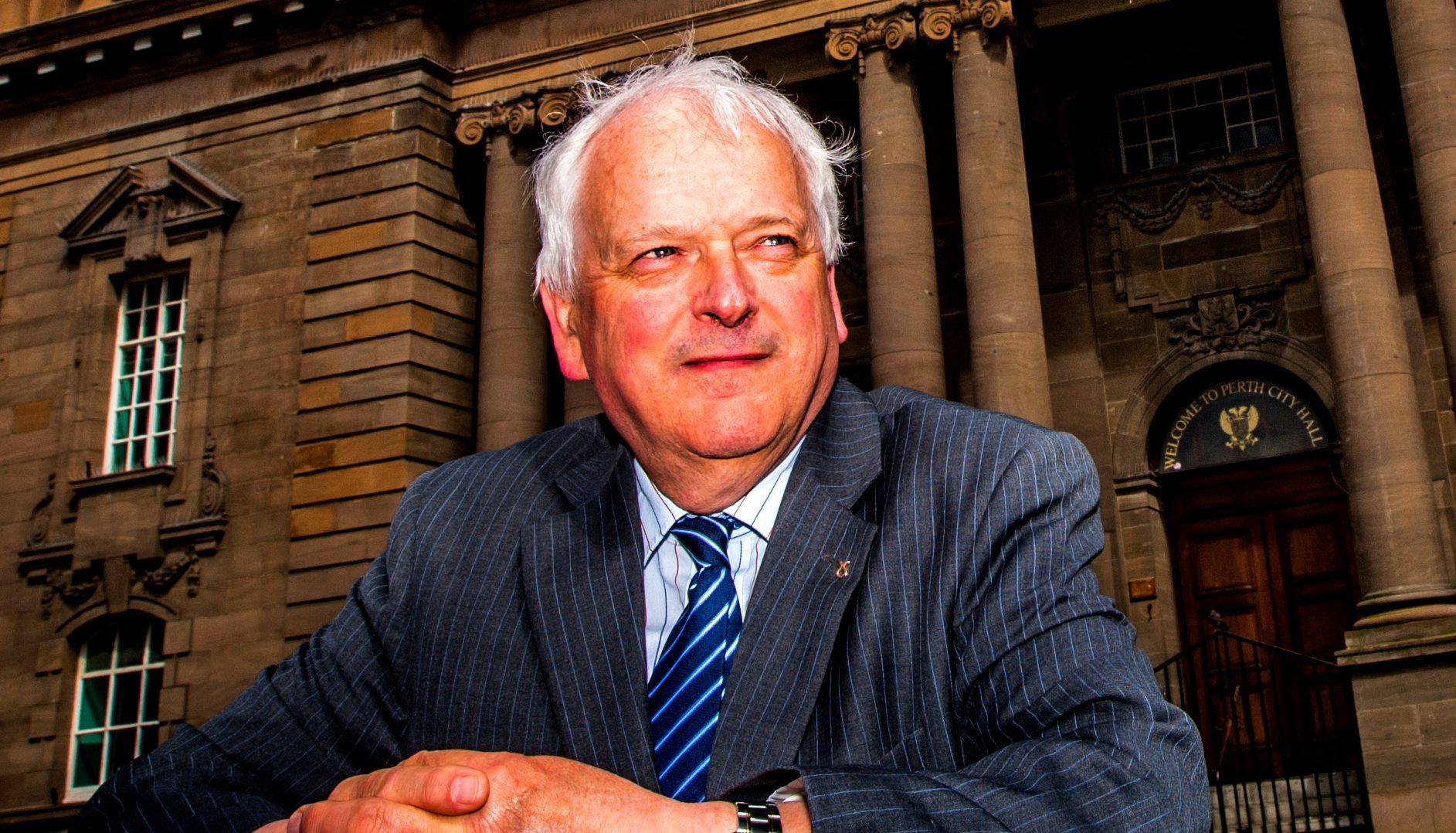The leader of Perth and Kinross Council has launched a blistering attack on a “nonsense” study into local authority cuts.
Researchers at the Scottish Parliament, Glasgow University and Heriot-Watt University found that 68% of the savings made by Perthshire councillors were to services most likely to be used by those deemed to be poor or very poor.
But Ian Miller, the leader of SNP-run Perth and Kinross Council, said the analysis was based on budget proposals rather than what was actually agreed.
“All I can describe it as is nonsense,” he said. “I find it incomprehensible. We do not need someone sitting at a desk at some university telling us how to do our job.”
He added: “The basis of this analysis is totally flawed.
“It is clear that it is based on the various budget proposals that were put forward to council in February 2016.
“What it does not reflect are the decisions made by the council where £1.840 million of these proposed savings were rejected by the council.
“The vast majority of these rejected savings would benefit service users in the ‘pro-poor’ and ‘very pro-poor’ category. This calls into question the entire basis of the survey.”
The Scottish Parliament stood by the study, which is entitled “the social impact of the 2016/17 local government budget”.
The documents were sourced from the council’s website between July and September this year. Perth and Kinross’ 2016/17 budget was set in February.
A spokesman said: “The methodology detailed in the report makes clear that published local authority budget documents for 2016/17 were used to assess local authority savings plans.”
The SPICe report found more than £500m was cut in real terms from the local government budget for 2016/17 by the then finance secretary John Swinney, a drop on the previous settlement of 5%.
Angus and Fife found about a third of their cuts for 2016/17 in services primarily used by the less advantaged in society, compared with 18% in Dundee and 39% nationally, according to the study.
Local authorities had “little option” but to make the bulk of their savings from services used more by lower income groups, the report said, given that two-thirds of council expenditure is spent in those areas.
But it also found that across Scotland so-called pro-rich services such as car parks, museums and galleries were proportionately more affected by budget cuts than those classified as pro-poor services such as council-run public transport and older people’s social work.
The Scottish Government says they have treated local government “very fairly” despite UK Government cuts to the Scottish budget.
A spokesman said that £250m of health and social care integration funding means that the overall reduction in funding is less than 1% of local government’s total spending for 2016/17.
